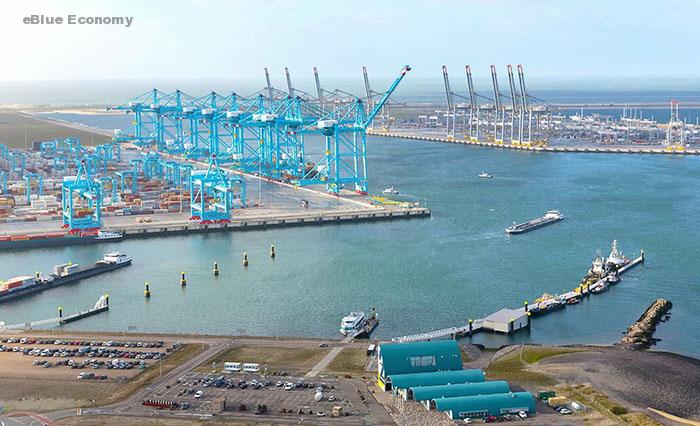ANDNES, Norway, ROTTERDAM, Netherlands – Horisont Energi (EURONEXT: HRGI) and the Port of Rotterdam today announced that they have signed a memorandum of understanding regarding setting up a corridor for the transport of blue ammonia from Norway to Rotterdam.

According to the agreement, Horisont Energi and the Port of Rotterdam will explore a collaboration to ship blue ammonia, produced in Northern Norway, from natural gas with carbon capture and storage, to the port of Rotterdam, where it will be received for further distribution to meet expected demand in Northwestern Europe.
The final investment decision for the production of blue ammonia at the Barents Blue project is expected towards the end of 2022. Blue ammonia could be shipped to Rotterdam by 2025. Once operational, Barents Blue will have a production capacity of 3000 tons of ammonia per day or 1 million tons per year.
In addition to being a key industrial gas globally in the fertilizer and chemical sector, ammonia is a very efficient hydrogen carrier. This makes net zero CO2 emission ammonia one of the most promising fuels for decarbonization of the shipping industry.

“We’re excited to be working with the Port of Rotterdam to provide Europe with clean hydrogen and ammonia, while at the same time opening up a new and sustainable production region in the Barents Sea area for clean ammonia,” says Bjørgulf Haukelidsæter Eidesen, CEO of Horisont Energi.
The port of Rotterdam is an energy hub port for western Europe, with some 13 percent of total energy demand in Europe entering the EU via Rotterdam.

The Port has the ambition to be net-zero CO2 emission in 2050 while at the same time maintaining its pivotal role in the European energy system.
The demand in Rotterdam is expected to be up to 20 million tons of hydrogen, equivalent to 100 million tons of ammonia, in 2050, according to Port of Rotterdam estimates.
“There’s an important role for blue hydrogen if we want to realize the international climate ambitions. This is because especially in the coming years, there will not be enough green hydrogen to meet the demand. We’ll need every possible solution. We, therefore, focus not only on a green but also on blue, just as we don’t only look at local production but also at imports”, says Nico van Dooren, director of New Business at the Port of Rotterdam















